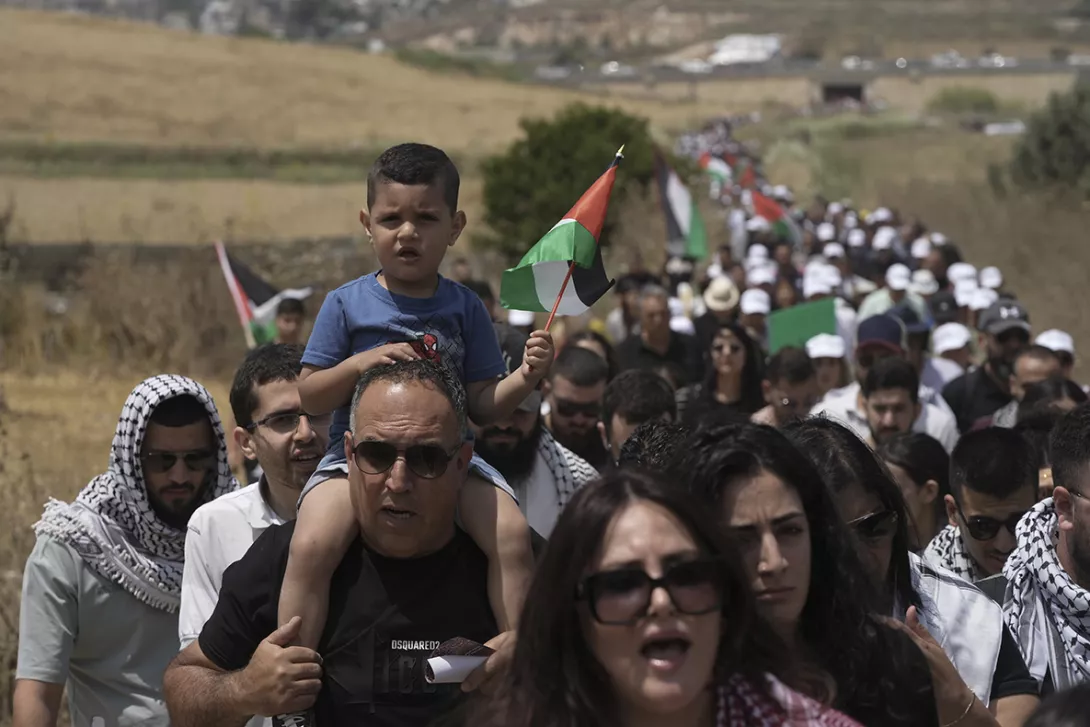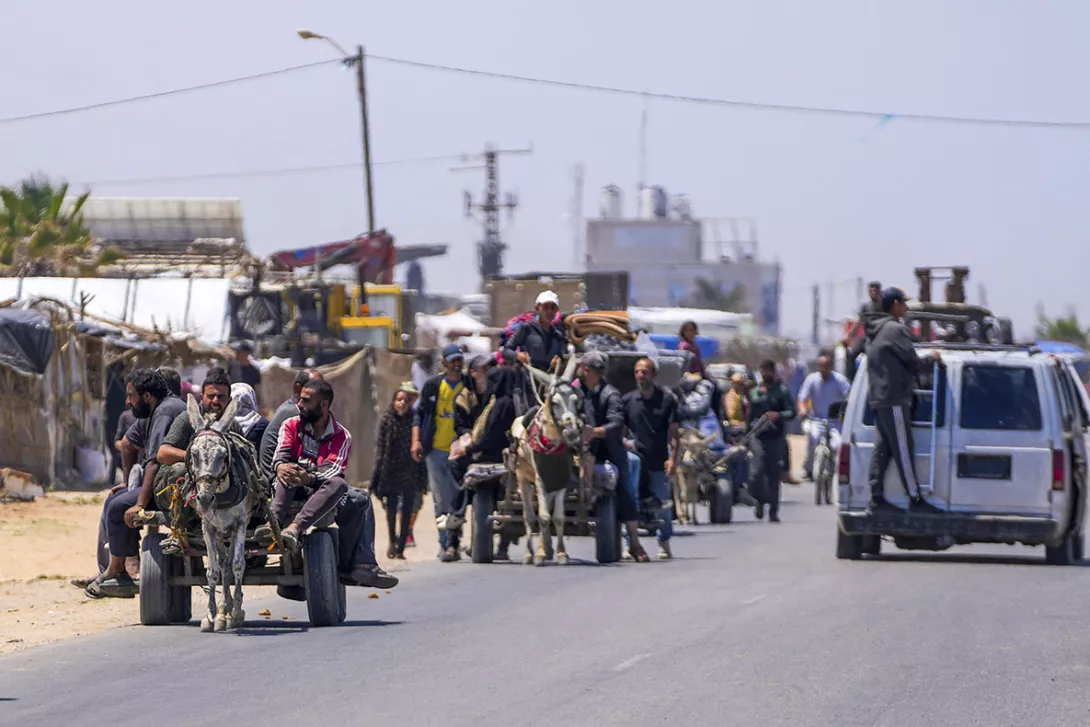VIJAY PRASHAD examines why in 2018 Washington started to take an increasingly belligerent stance towards ‘near peer rivals’ – Russa and China – with far-reaching geopolitical effects
Why should trade unionists support the Nakba 75 demonstration?
LOUISE REGAN of the National Education Union says the Nakba may be begun 75 years ago – but it continues today
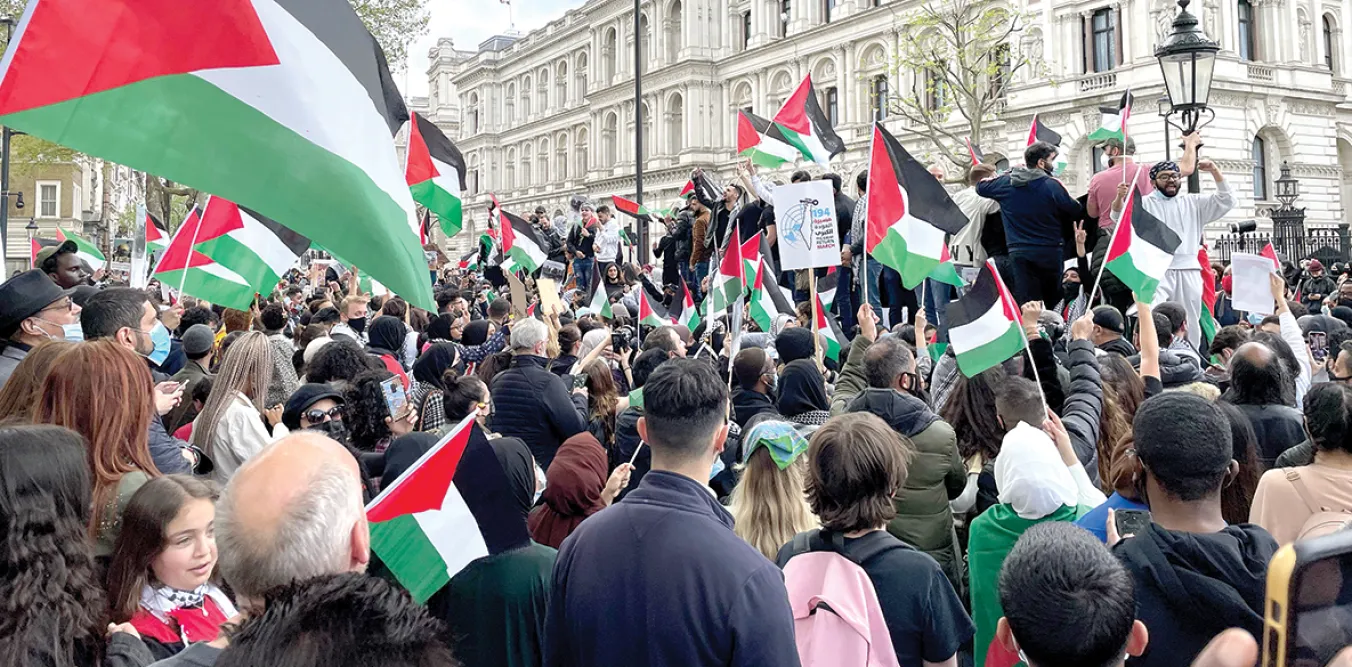
THIS year will mark 75 years since the Nakba. That is 75 years of dispossession, ethnic cleansing and apartheid. Over 750,000 Palestinian were driven in to exile and more than 500 villages were wiped from the map. Those Palestinians that fled left their homes with their keys in their hands – 75 years later they are still waiting to return.
In the trade union movement, we have a long and proud history of standing in solidarity with the Palestinian people.
The NEU and its legacy union the NUT began supporting their struggles in the 1980s and we have continued to build and develop the work that we do.
More from this author
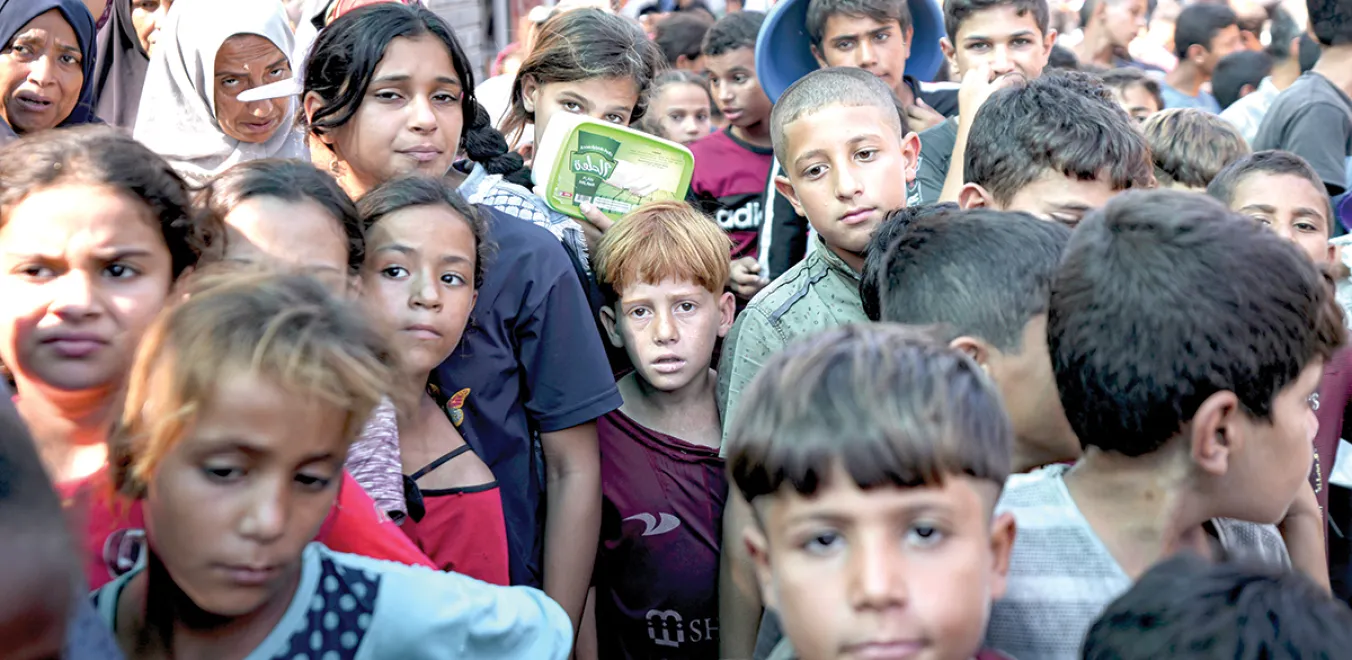
The NEU is pushing for a comprehensive end to arms sales to Israel and support for BDS campaigns as part of broader trade union efforts to pressure the government, writes LOUISE REGAN

Only through the achievement of the rights of the Palestinian people will a lasting peace be achieved, writes LOUISE REGAN
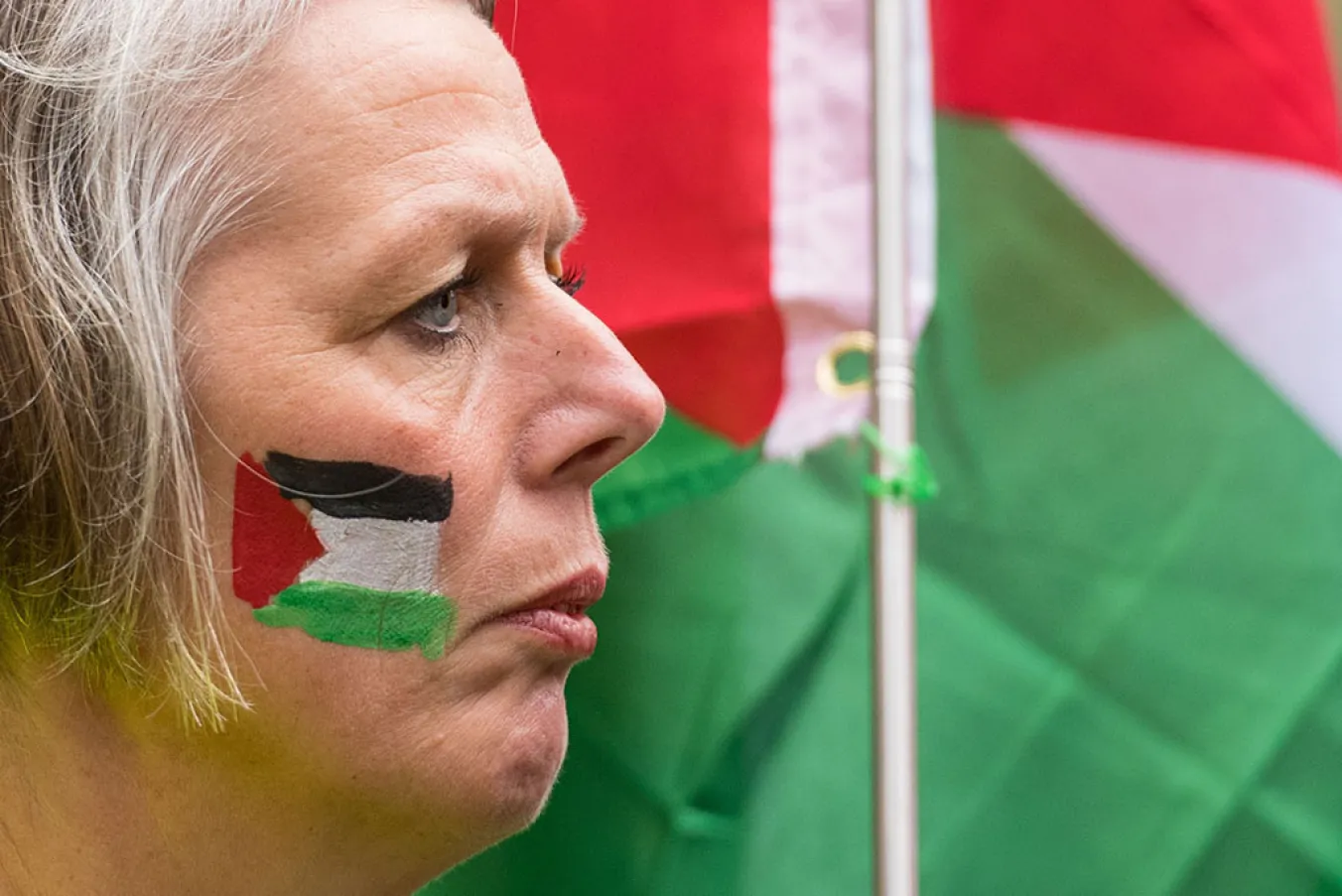
Former National Union of Teachers president LOUISE REGAN explains what trade unions are doing in solidarity with the Palestinian people
Similar stories

The NEU is pushing for a comprehensive end to arms sales to Israel and support for BDS campaigns as part of broader trade union efforts to pressure the government, writes LOUISE REGAN
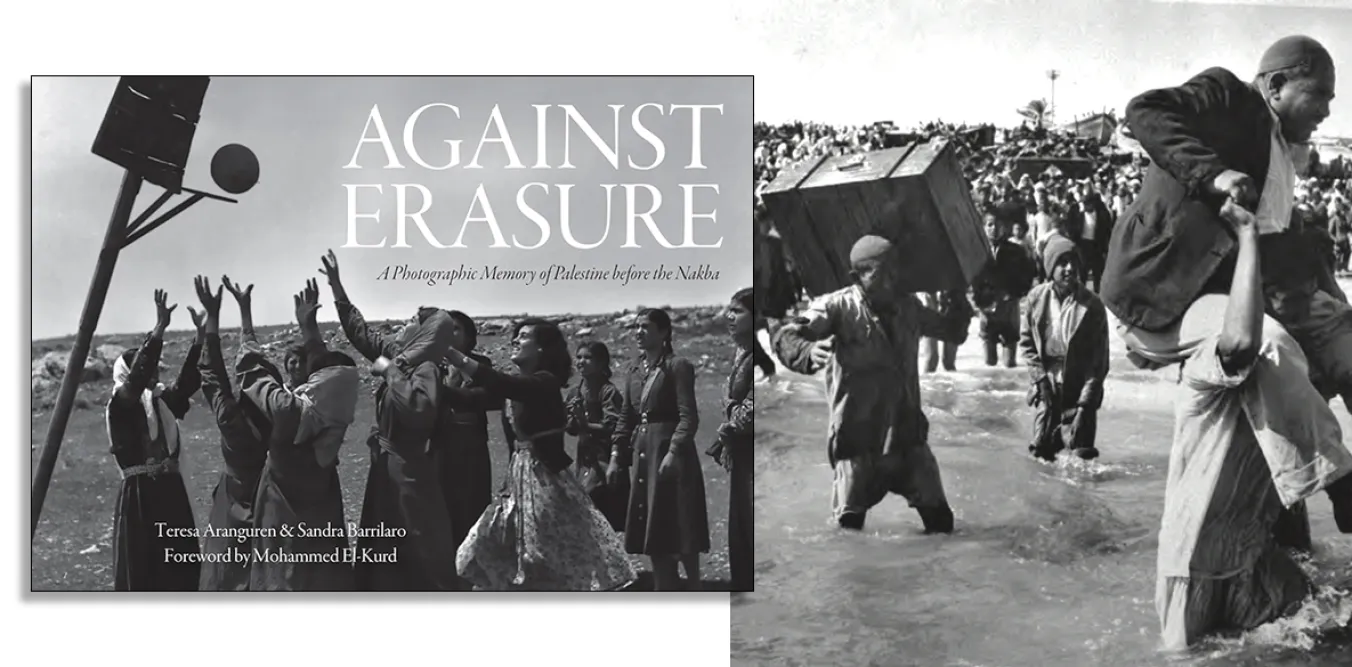
JOHN GREEN recommends a stunning collection of images that is testament to the vibrancy of Palestinian society prior to occupation










